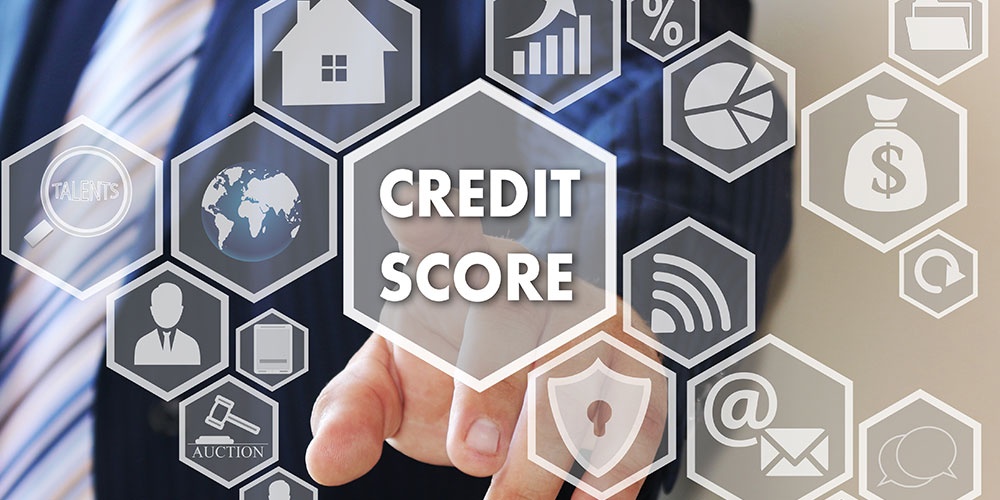Improving Your Credit Score

Along with employment stability, and downpayment/equity, your credit score and how you manage your credit is a huge factor in qualifying for a mortgage. If you want the best interest rates available on the market, the higher your credit score the better.
However, if you've had credit mishaps in the past, don't let it stop you from improving your score now. Everyone has a credit score, and regardless of where it is on the scale of 300-900, there is always room for improvement. So here are some things to consider that will help boost your credit score.
Make all your payments on time. This is so important. Probably the most important factor. When any lender extends credit to you, you agree to make payments on a schedule. When you break that schedule, you show the lender you can't be trusted. The lender reports the missed payments to the credit reporting agencies, and your credit score is lowered. It's that simple. So what if you miss a payment? The second you realize it, or have the money, make the payment. It's also a good idea to contact the lender, let them know what happened and tell them that the payment has been made. Although lenders only report after payments have been missed for 30 days, don't let that stop you from making all your payments on time.
Stop acquiring new credit. Assuming you have at least 2 different trade lines with a minimum $2500 balance each, you shouldn't just go out and acquire new credit. Now, if you need a car loan, that's fine, make an application, but having more credit available to you just for the sake of it doesn't help your credit score. In fact, each time a lender looks at your credit report, it will lower your credit score a little bit.
Keep a reasonable balance. The more credit you use compared to the limit, the less credit worthy you will appear. So it's better to carry a minimal balance compared to maxing out your credit cards, and just making the minimum payments. It's a good idea to keep your spending to 20%-30% of the limit of the card or line of credit. That shows good utilization.
Check your credit report periodically. Did you know that roughly 20% of credit reports have misinformation on them? Mistakes happen all the time, lenders misreport information, people with the same names get merged reports, you miss a final bill from a utility and it gets sent to collection without you knowing. By checking your credit periodically, you can stay on top of everything and correct any errors before they become a problem. Equifax Canada has a great program. As does Transunion.
Pay out collections immediately. It happens more than you would think. Closed cell phone contracts with a small balance owing, or a utility final billing that got missed, parking tickets, or wage garnishments, or spousal support payments. They can all show up on your credit bureau, and they won't drop off until they are handled. So if you have any of these on your credit report, you should consider taking care of them as soon as possible. Then make sure to follow up, and ensure they have been removed.
Use your credit card. On the other side of the coin, you want to make sure that you at least periodically use your credit at least every three months. Loan payments are great in that they come out of your account on a schedule, if you only have credit cards, and never use them, there is a chance the lender might not report your usage, and that won't help your credit score. A simple way to go is to use a credit card for gas and groceries, and pay it off every month.
So there you have it, regardless of what your credit looks like now, if you follow the points outlined above, you will continue to increase your credit score.
If you would like to work through your credit report with me, and put together a plan so you can qualify for a mortgage, please don't hesitate to contact me anytime!